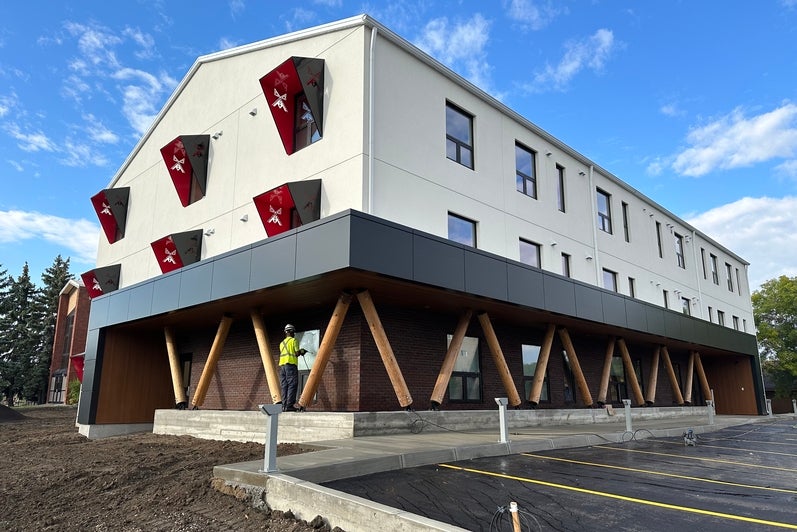David Fortin’s primary research interests have always centred on the idea of home and how the infinite perceptions of this condition, as well as their opposites, broadly inform design practice. As a Métis architect, David is particularly interested in how colonialism has disrupted relations between urbanized societies and the Land, and how design - including pedagogy and the spaces where design takes place - might be redirected to approach design from a relational perspective, as informed by Indigenous epistemologies. His recent research interests propose an evolution of design thinking from Critical Regionalism towards Critical Relationalism, that takes into account the histories, cultures and ecologies of places as essential to our understanding of the geographies we inhabit - often as guests. David’s research further advocates for Indigenous-led design and development towards self-determination, as well as place-based approaches to design thinking. Thus, community-led processes that prioritize humility, listening, and translating through design as a service to those communities are central to David’s approach. Affordable housing is also central to David’s research - both academically and professionally. He has twice represented Canada at the Venice Biennale (Not for Sale by Architects Against Housing Alienation in 2023, and UNCEDED: Voices of the Land, in 2018). These initiatives reflect David’s interest in research creation as an important form of dissemination through design. Furthermore, his research interrogates what the word ‘reconciliation’ means for design, regionally and internationally, with specific interest in the design of Canadian embassies abroad as well as educational and correctional systems in Canada. David has maintained keen interest in the way that speculative thinking impacts design, having previously published research on the relationship between science-fiction and architecture, including Indigenous science-fiction.
View Professor David Fortin's faculty profile.

















